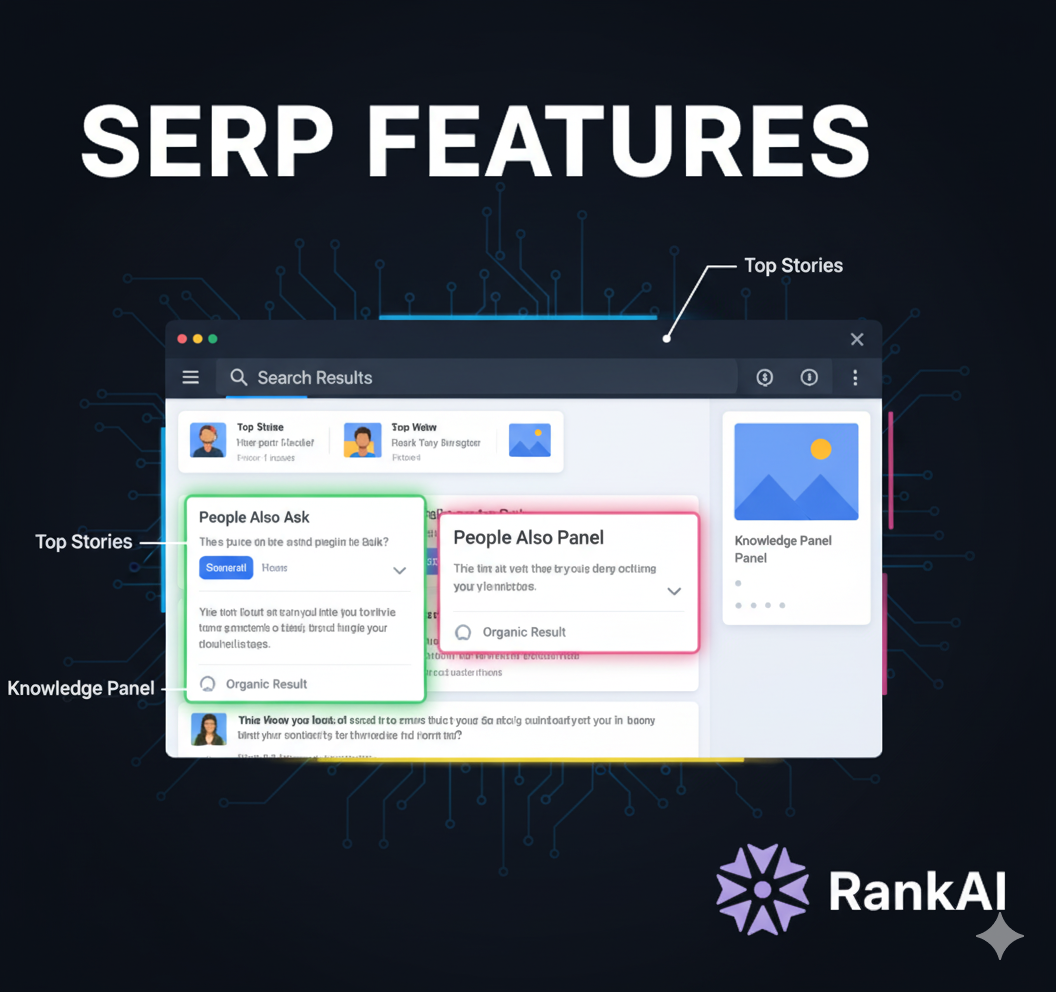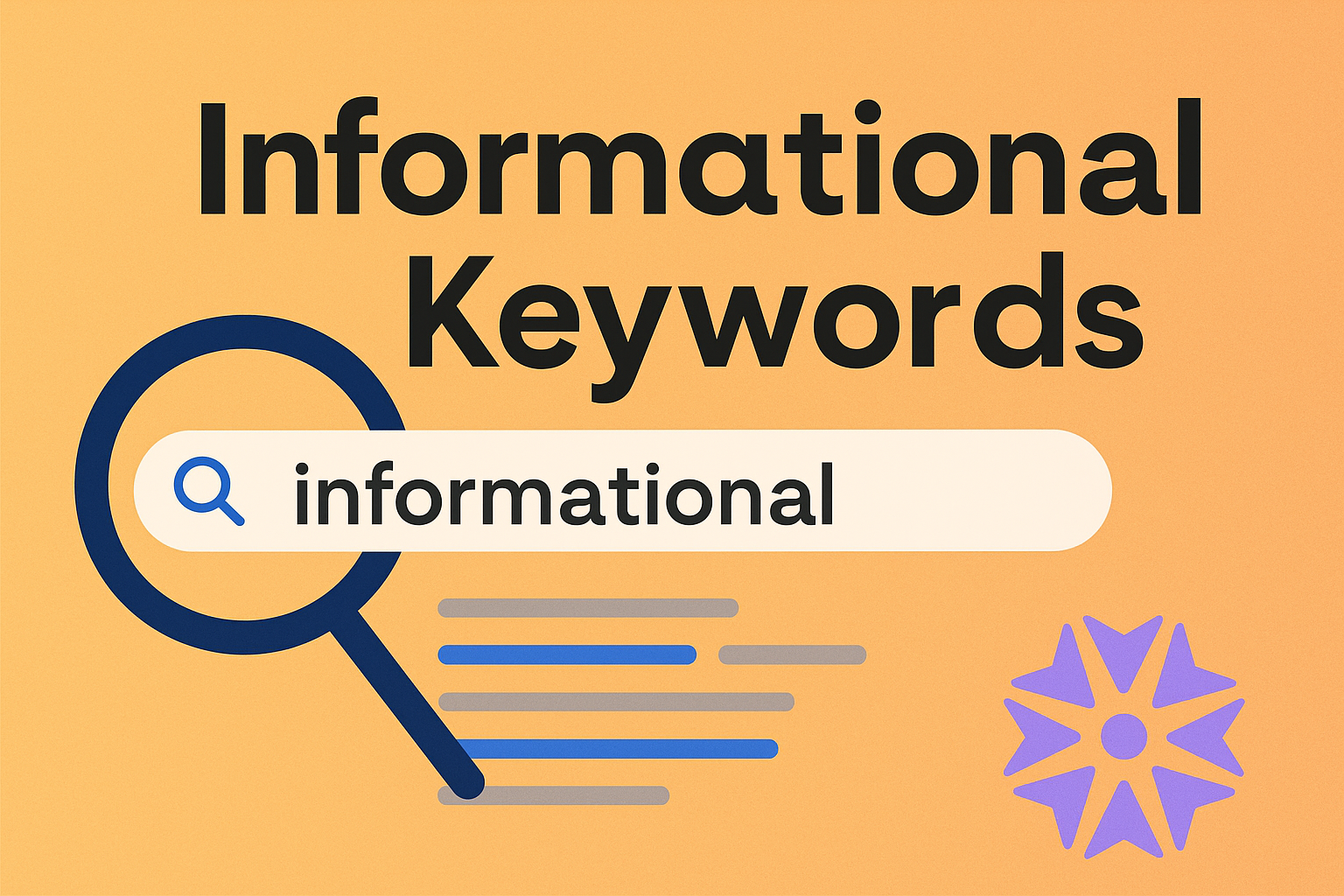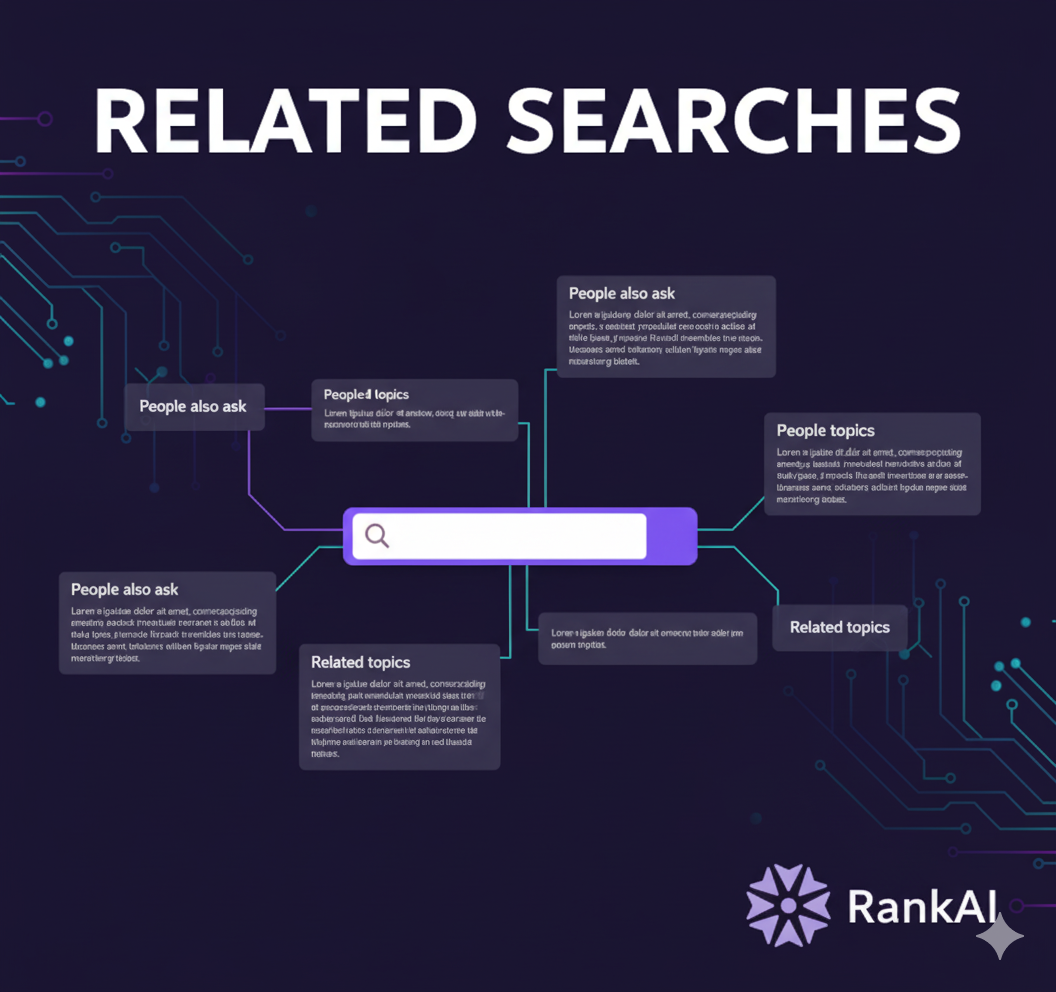If you’re exploring Surfer SEO alternatives, you’re likely balancing three things: results, cost, and workflow fit. This guide explains what Surfer does well, where teams hit limits, how to evaluate alternatives, and how to run a modern SEO program that works for both classic rankings and AI-driven search—plus a practical workflow you can adopt immediately. Written by RankAI, a fully managed expert + AI SEO agency that’s 5x more affordable than traditional agencies.
Introduction: Why Consider Surfer SEO Alternatives
Surfer SEO has been a leader in data-driven on-page optimization, yet many teams look for alternatives when their needs evolve. Common drivers for change include seeking a lower total cost of ownership than per-seat or credit models, or needing done-for-you execution instead of another DIY tool. Businesses often require deeper technical SEO capabilities—like site architecture and indexation control—that go beyond content editing. Others need to scale research and content across multiple sites or CMS platforms like WordPress and Shopify, and require integrated reporting to prove ROI without stitching together multiple tools. As search evolves, there's also a growing need for guidance on gaining exposure in Google’s AI Overviews, where entity coverage and source credibility are crucial. If your team spends more time configuring tools than publishing optimized pages, it’s time to consider alternatives that combine strategy, execution, and measurement.
Surfer SEO at a Glance (To Know What You’re Replacing)
Before switching, it’s important to understand Surfer’s core value. The platform excels at providing a content editor with NLP terms to improve topical completeness, SERP analysis to benchmark against competitors, and keyword research tools to build content briefs. It’s a powerful tool for on-page fixes and content gap analysis.
However, teams often find they need more in several key areas. Surfer’s technical SEO capabilities don't typically cover deep issues like crawl budget optimization or internal linking architecture. When internal bandwidth is limited, the tool doesn't solve the content production bottleneck of moving from research to writing and publishing. Furthermore, its reporting is often more tactical than strategic, lacking the business-level insights needed to show pipeline impact or multi-domain performance.
How We Selected the Best Alternatives
To curate this list of alternatives, we weighed each option based on its real-world ranking impact, focusing on improvements in impressions, clicks, and conversions. Our methodology assessed the full scope of SEO—including on-page, technical, and content production—not just recommendations. We prioritized tools and services that are ready for AI-driven search, with strong entity coverage and content quality suited for AI Overviews. Key factors also included usability, seamless integrations with major CMSs and analytics platforms, transparent pricing, and access to expert support for nuanced issues.
A Framework to Evaluate Any Alternative
Use the following dimensions to evaluate any potential alternative. Consider how well each option fits your strategy, whether it’s for local SEO, e-commerce, or a multi-location model. Assess the quality of its on-page optimization features and its depth in technical SEO, including site health, internal linking, and Core Web Vitals guidance. Examine its content operations to see how easily you can move from keyword to published draft. Critically, evaluate its alignment with AI search through tactics like entity coverage and citations. Finally, look at practical considerations like multi-platform integration, reporting clarity, pricing predictability, and the support model. If your top priorities are technical depth, content throughput, and reporting, a managed solution like RankAI often outperforms a stack of DIY tools.
Surfer SEO Pricing and How Alternatives Differ
Most content optimization tools, including Surfer, price their services based on user seats, workspaces, and usage credits for AI features or audits. Alternatives often provide different models. Some offer flat-rate plans, which are helpful if your content volume fluctuates. All-in-one suites provide broader features like backlink monitoring but come with steeper learning curves. Other services may offer pay-as-you-go AI writing, but be wary of hidden costs for editing and publishing. Managed SEO services like RankAI offer a different approach with custom pricing tied directly to deliverables—such as audits, content pages shipped, and monthly reporting—which is often more predictable and affordable than per-credit models.
How to Optimize for Both Traditional and AI Search
Modern SEO requires a dual focus on ranking in traditional results and achieving "answer presence" in AI-generated summaries. To succeed, focus on entities and their relationships, mapping your topics to recognized concepts and including attributes that AI summarizers favor. Build source credibility by citing authoritative references, featuring SMEs, and using structured data like Schema. Use this on-page SEO checklist to cover the essentials.
Prioritize user experience by demonstrating E-E-A-T with author bios and clear policies, and ensure your pages are fast and accessible. Monitor SERP features and AI panels to see which parts of your content are being cited, then enrich those sections with better evidence and clarity. At RankAI, we bake these principles into every deliverable, from our entity-aware keyword research to the content pages we optimize and the monthly dashboards we use to show ROI.
Top 25 Surfer SEO Alternatives
While Surfer SEO is a powerful tool, it's not the only option on the market for optimizing your content and boosting your search rankings. In this comprehensive list, we'll explore 25 of the best Surfer SEO alternatives, each with its unique strengths and features. Whether you're looking for a more affordable option, specific functionalities, or an all-in-one SEO suite, you'll find a suitable alternative here.
NLP-driven content optimization editors
This first group of tools leverages Natural Language Processing (NLP) to provide sophisticated content optimization suggestions, much like Surfer SEO's core functionality. These platforms analyze top-ranking content to identify important terms, entities, and questions you should include in your own articles. They are grouped together because their primary focus is on providing a rich, interactive editor that guides the writing and optimization process based on deep semantic analysis.
Clearscope

For content teams, emphasizes NLP guidance to optimize relevance, readability.
Clearscope is an SEO content optimization platform for marketers, writers, and agencies. It analyzes top-ranking pages with NLP to surface topics, questions, and terms, then grades drafts and suggests improvements. As a Surfer SEO alternative, it prioritizes semantic coverage, clarity, and intent alignment overall.
- Enter keyword.
- Generate Content Report.
- Draft in Editor.
- Iterate to target grade, publish.
Summary: Research to brief to optimized draft, end-to-end in a single workspace seamlessly.
- Real-time editor with term coverage, readability, and length tracking.
- SERP-driven Content Reports: competitors, questions, headings, and suggested length.
- AI-assisted briefs/outlines from SERP data; templates for writers.
- Keyword Discovery with volume, CPC, competition, and locale filters.
- Content Inventory to track pages, refresh needs, performance trends.
Clearscope surfaces competing pages, key terms, questions, intent, and length for your query. Its editor scores coverage and readability, nudging headings, structure, and term usage toward A-range target.
It doesn’t auto-write articles; instead, it accelerates planning with AI-assisted outlines, brief templates, suggested headings, and questions, plus term insertions inside Editor.
Keyword Discovery surfaces related terms with volume, CPC, competition, locale filters, then passes keywords to briefs and Editor.
Works in Google Docs, Microsoft Word, and WordPress; supports multiple languages/locales plus browser extensions.
- Stronger: editor clarity, intent-focused suggestions, native integrations, inventory tracking.
- Weaker: no full AI writer, lighter clustering, fewer adjacent SEO tool capabilities.
- Different: premium pricing, streamlined workflow, content-only focus over audits and backlinks.
- Actionable, SERP-grounded recommendations improve topical coverage.
- Clean UI and Docs/Word/WordPress workflows teamwide.
- Real-time grading accelerates edits and approvals.
- Higher pricing and report quotas constrain small teams.
- No article generation or technical SEO.
Starts at $189/month; free trial available; Essentials has limited report credits and keyword discoveries.
Ideal for agencies and mature content teams prioritizing intent-aligned optimization.
MarketMuse

For content strategists and SEO teams needing deep, AI-driven planning.
MarketMuse is an AI content strategy and optimization platform that analyzes your site and top-ranking pages to uncover topic gaps and opportunities. It builds research-backed briefs and scoring guidelines so teams create comprehensive, authoritative content—making it a credible, enterprise-ready Surfer SEO alternative for planning.
- Enter topic or URL.
- Run SERP analysis and get target score.
- Open editor; follow suggested subtopics.
- Revise, publish, and monitor.
Summary: research-to-draft flow with guided optimization.
- Real-time content editor with Content Score and readability guidance.
- SERP X-Ray and Heatmap competitor coverage analysis.
- AI briefs, outlines, and drafts guided by topic models.
- Topic Explorer research, clustering, and personalized difficulty/authority priorities.
- Inventory dashboards prioritizing updates, new opportunities, and content scoring context sitewide.
Optimize surfaces top competitors, covered subtopics, intent, and word counts, then sets a Target Content Score. The editor tracks topic coverage, word count, and progress toward target completion.
An in-editor AI assistant generates outlines, drafts, rewrites, and expansions guided by topic models, accelerating production while preserving human review and control.
Topic Explorer returns related topics with volume, CPC, trends, then groups them into clusters feeding briefs and editor.
Web-based in modern browsers; topic models support English and Spanish content today for teams.
Surfer is simpler and cheaper with live CMS plugins, while MarketMuse offers deeper planning, clustering, and inventory insights. Expect a steeper learning curve and enterprise pricing, but fuller strategy coverage across sites.
- Powerful topic modeling and personalized difficulty/authority.
- Detailed, actionable content briefs and outlines.
- Inventory surfaces high-impact updates and opportunities.
- Higher cost than Surfer for comparable seat counts.
- Broader feature set introduces onboarding complexity.
Free tier exists; paid plans start around $99/month with tight usage caps for briefs.
Ideal for strategists and agencies prioritizing deep, AI-guided optimization workflows.
Frase

- For SEO content teams and writers, Frase accelerates research-to-draft workflows.
Frase is an AI-powered SEO platform that unifies SERP research, brief creation, and an optimization editor. Built for marketers, agencies, and in-house writers, it turns top-ranking pages into structured outlines and topic cues, then guides drafting with scoring—making it a streamlined Surfer SEO alternative.
- Enter keyword/URL.
- Run SERP/competitor analysis.
- Build outline/brief from suggested H2/H3s and questions.
- Write in the editor or use AI, then optimize to a target score and export/publish.
Summary: You move from research to draft to on-page optimization in one flow.
- Content editor with real-time topic scoring and rewrite/expand AI
- SERP analysis (competitors, intent, word count, headings, FAQs)
- AI briefs/outlines/drafts with guardrails and tone controls
- Keyword clustering, topic discovery, and GSC-powered analytics
- Integrations (Docs/WordPress/Chrome) plus basic reporting
Frase surfaces competitors, headings, questions, common entities, intent, typical length, and formatting cues; its editor tracks term coverage and topical depth, nudging readability and structure toward a target grade without keyword stuffing.
Briefs, outlines, sections, rewrites, and expansions come from the built-in AI; optional Rank-Ready documents auto-produce drafts from outline, with humans verifying facts and adding polish.
Rather than a keyword explorer, Frase uses NLP clustering and Google Search Console data to group related queries into topics that feed briefs.
Works via Google Docs add-on, WordPress plugin, and a Chrome extension; multilingual generation is supported.
- Stronger: AI-driven briefs/drafting, outline standardization, speed.
- Weaker: technical audits, backlink/site-wide analysis, granular research.
- Different: simpler writing-first workflow and usage-based credits.
- Fast research-to-publish pipeline
- Helpful live guidance and templates
- Team-friendly Docs/WordPress workflow
- Limited SEO breadth beyond content
- Document credits and add-on costs
Starts at $45/month with a free trial; “Rank-Ready” auto-drafts cost extra per document.
Ideal for SEO-driven content teams and agencies standardizing briefs and accelerating quality drafts.
Dashword

For writers and marketers needing fast, guided, AI-powered SEO optimization.
Dashword is a streamlined, NLP-driven content editor for freelancers, bloggers, and marketing teams. It analyzes competing pages, suggests topics, and scores drafts in real time, making on-page SEO practical without bloat. As a Surfer SEO alternative, it focuses on briefs, editing, and actionable guidance.
- Enter keyword; run SERP analysis.
- Build outline from competitor headings, FAQs, and terms.
- Draft in editor; track score, length, readability; publish.
Summary: Research to draft, seamlessly optimized.
- Real-time content editor with letter-grade scoring and readability guidance
- SERP insights: competitors, intent, titles, headings, word count benchmarks
- AI help for briefs, outlines, titles, intros, and section drafts
- Keyword research, FAQs extraction, and simple clustering feeding briefs/editor
- Basic rank tracking and on-page audit tools
Dashword lists top results with rank, titles, URLs, word counts, and averages. In the editor, live scores and readability prompts guide coverage of relevant terms, length, and structure.
Built-in AI generates outlines, titles, intros, meta descriptions, and section drafts. Outputs accelerate drafting require human review for accuracy, tone, and nuance.
Find related keywords with volume, intent, and FAQs; grouped suggestions flow into briefs and are tracked during editing.
Works in browser and Google Docs add-on; supports multilingual drafting and exports with sharing.
Compared with Surfer, Dashword is simpler and faster to learn, focusing on briefs and editing. It lacks auto-optimize, internal linking, and audits, but includes NLP on all plans and suits smaller teams.
- Clean UI with intuitive, guided workflow
- Fast brief building from competitor insights
- Live scoring drives clear optimization choices
- No internal linking, audits, or site-wide clustering
- Report length caps can constrain long pieces
Free trial available; Startup plan starts at $99/month, with annual discounts.
Best for lean teams prioritizing speed, clarity, and reliable optimization.
Topic

For content teams prioritizing audience research and fast, comprehensive briefs.
Topic is an NLP driven content optimization platform for marketers and agencies, combining SERP research, outline generation, and real time grading to produce SEO ready articles. It positions itself as a simpler, audience centric Surfer SEO alternative focused on topical coverage and user questions.
- Enter keyword.
- Analyze SERP.
- Build outline and brief.
- Draft in editor, optimize, and publish.
In practice, you move from research to outline to optimized draft workflow.
- Content editor with live scoring and topic coverage guidance
- SERP and competitor analysis: headings, questions, counts, term usage
- AI briefs, outlines, and title or meta idea generation
- Keyword research surfaces related terms, PAA, forums, user intent
- Clustering groups subtopics into briefs feeding the editor
Topic surfaces competitor lists, headings, questions, search volume, word counts, and term patterns. The editor nudges readability, structure, and coverage toward a target grade, highlighting gaps and opportunities.
GPT driven assistance creates briefs and outlines, suggests titles and meta descriptions, rewrites sections, accelerating drafting while preserving controls and human oversight.
Research tools surface related terms, questions, and subtopics, then algorithmically cluster them into briefs feeding the editor workflows.
Works on web, with Google Docs and WordPress plugins, supporting five languages including English.
- Stronger: simpler interface, audience focused research, editor scoring and onboarding.
- Weaker: lacks audits and backlink tools, fewer integrations for teams.
- Different: per brief pricing, predictable quotas, content first workflow with clear focus.
- Saves research time via data briefs
- Intuitive editor guides comprehensive coverage easily
- Collaboration sharing and multi user workflows
- No technical audits or backlink analysis tools
- Monthly brief quotas restrict high volume publishers
Paid trial $7 for three briefs; plans start at $99/month on Starter.
Ideal for content teams seeking audience led SEO brief generation.
Content Harmony
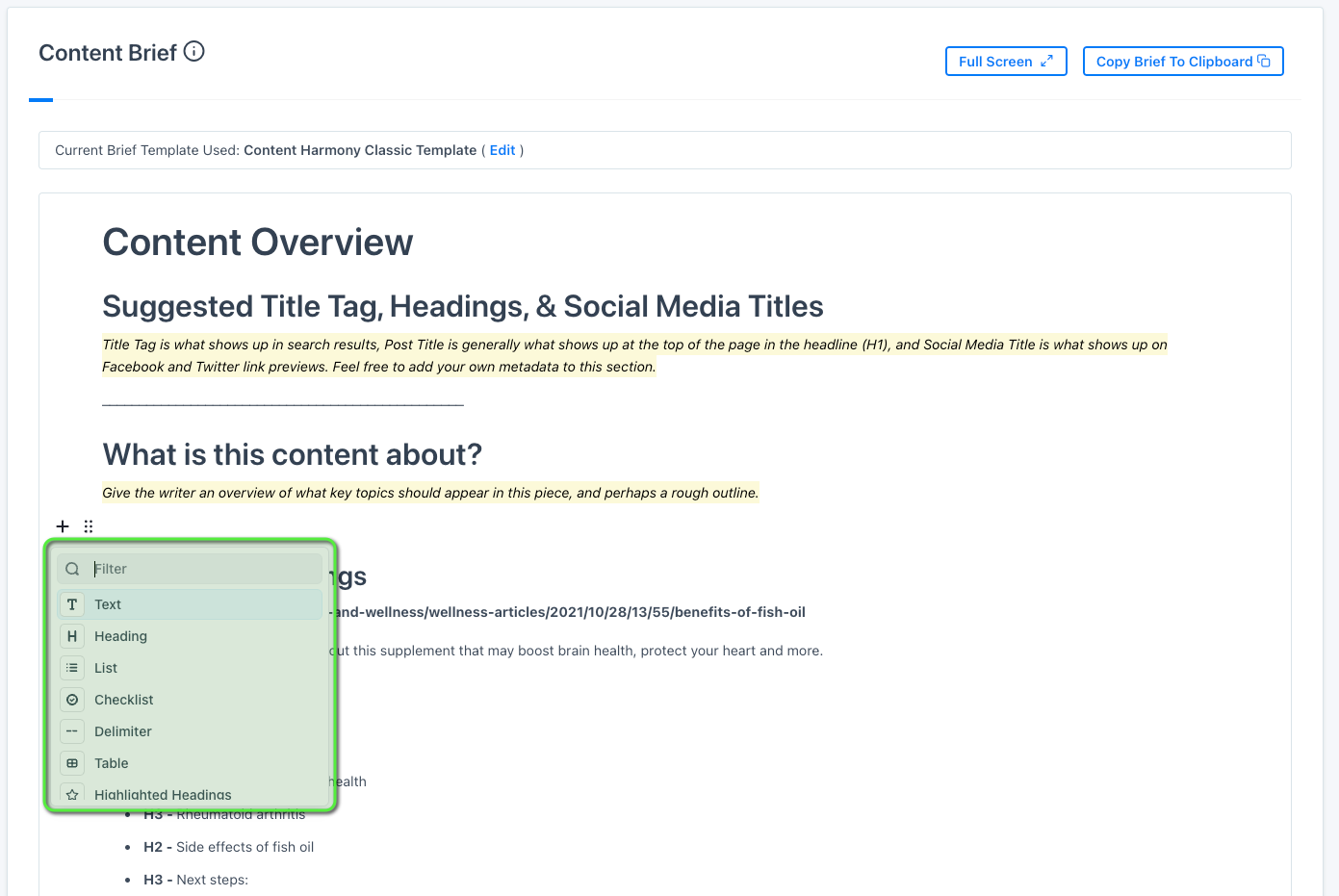
- For content teams, data-driven briefs accelerate strategic, consistent SEO execution.
Content Harmony is a research-first SEO platform that automates SERP analysis and builds content briefs for marketers, SEOs, and agencies. It replaces manual competitor digging with intent classification, topic models, and structured outlines, enabling faster production without sacrificing depth—making it a Surfer SEO alternative.
- Enter keyword and market.
- Run SERP scan; review intent.
- Generate brief with topics, questions, media.
- Draft content; grade with Content Grader.
Summary: Research-to-publish in one workflow, streamlined.
- Brief generator with standardized outlines and must-cover terms
- Keyword reports: volume, difficulty, related terms, intent tagging
- AI topic modeling surfacing entities and gaps
- Content Grader editor scoring coverage/structure/readability
- Templates, shareable briefs, workflow tracking
Harmony surfaces competitors’ headings, questions, media, and common themes, then aggregates intent. The Content Grader evaluates coverage, structure, and readability against its topic model, giving a target score.
AI powers research, intent detection, outlines, and topic models; it stops short of full article generation, emphasizing human drafting guided by briefs.
Keyword reports show volume, difficulty, related terms, and intent; related-term groupings feed briefs, effectively clustering topics.
Web app with exports to Docs, Word, PM tools; Moz/DataForSEO metrics, sharing links supported.
- Stronger: briefing depth and collaboration workflows.
- Weaker: live in-editor integrations and beginner writing add-ons.
- Different: planning-first approach vs Surfer’s writer-centric editor.
- Automates SERP research
- Detailed, consistent briefs
- Strong intent modeling for agency efficiency
- Learning curve; data-heavy interface
- No AI writer; humans draft
- Fewer direct integrations
Trial credits available; plans start around $99/month.
SEO-savvy teams prioritizing research, briefs, and collaborative planning.
Cognitive SEO Content Optimizer
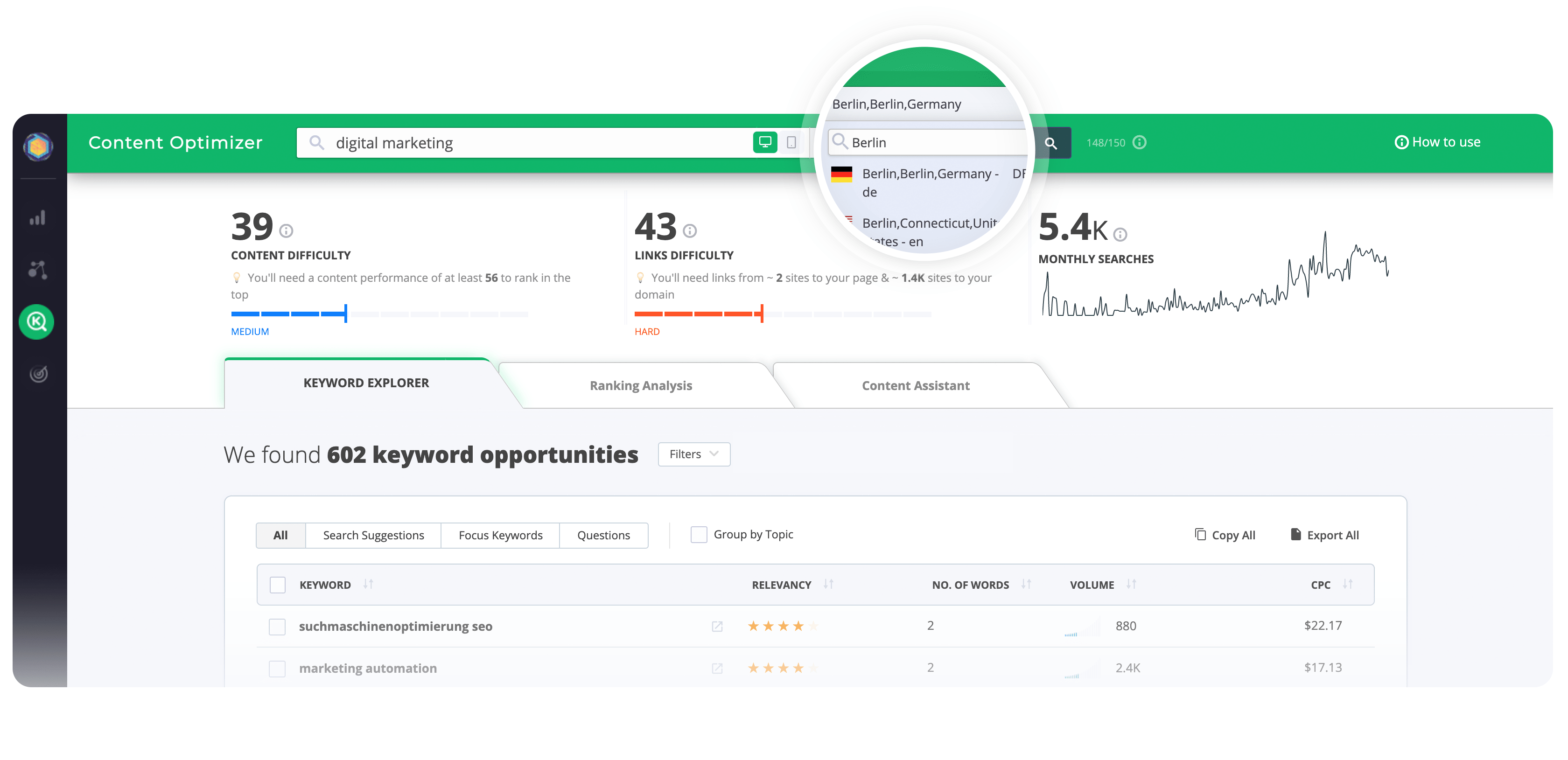
For SEO pros needing deep SERP insights and global coverage.
CognitiveSEO’s Content Optimizer is a module in a full SEO suite that analyzes top-ranking pages to guide on-page improvements. Built on NLP and TF-IDF, it benchmarks your draft against competitors and updates a Content Performance Score, making it a credible, data-rich Surfer alternative today.
- Enter keyword and location.
- Import content or URL.
- Click Check Score for suggestions.
- Revise with recommendations to raise grade.
Summary: Research-to-optimization in one guided flow seamlessly.
- Content Assistant editor with real-time scoring and semantic highlights
- In-depth SERP analysis: competitors, intent, headings, authority
- Content Performance Score (0–100) via NLP and TF-IDF
- Keyword Explorer with difficulty, clustering, and discovery
- Cloud app; multilingual; export/reporting
SERP reports surface competitors’ scores, keyword usage, lengths, headings, and link authority. The editor updates Content Performance Score and guides readability, structure, and term coverage toward target grade.
Optimizes existing text with actionable suggestions. No auto-drafts—your writing, guided by relevance-focused recommendations.
Keyword Explorer shows volume, difficulty, and related terms; clustering groups topics, feeding briefs and the editor.
Browser-based; supports all languages and countries.
- Precise TF-IDF suggestions with semantic context
- Deep competitor metrics, link authority
- Global language support
- No AI drafting or auto outlines
- Fewer integrations; initial learning curve
Starts at $129.99/month; seven-day trial available.
Ideal for agencies and technical SEOs needing global, data-rich optimization.
SimilarContent
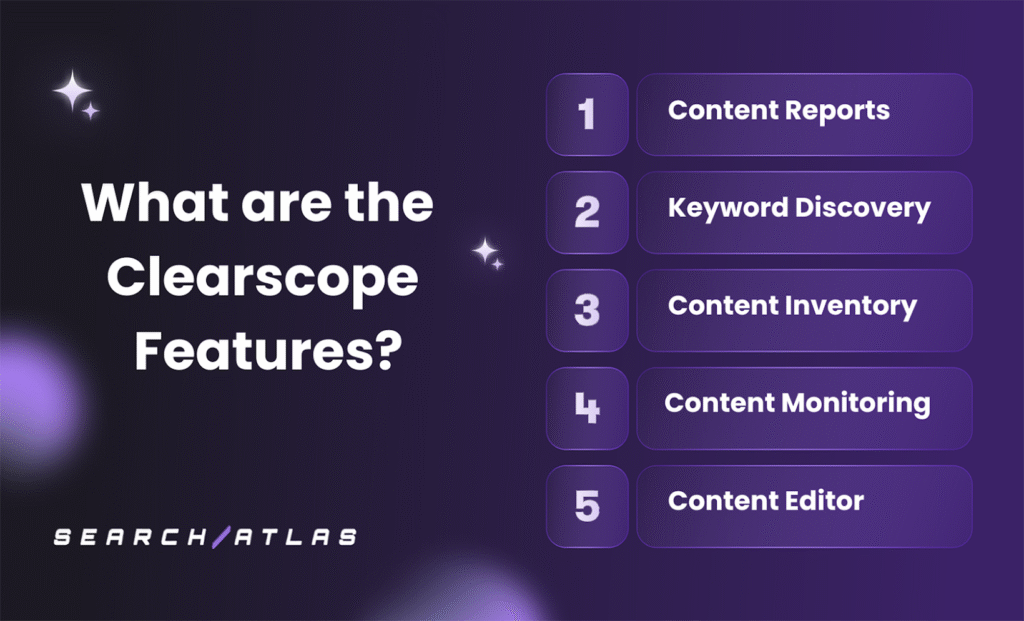
- For content writers and marketers needing real-time, AI-guided on-page optimization.
SimilarContent is an AI-powered SEO content optimizer for bloggers, writers, and agencies. It analyzes live SERP competitors, suggests relevant terms, and scores readability, letting non-technical teams match search intent fast. Compared with Surfer SEO, it’s leaner, cheaper, and focused on practical, real-time on-page improvements.
- Enter keyword; choose location.
- Run SERP analysis.
- Write in editor.
- Optimize to target score.
Summary: Research to draft to on-page optimization within one streamlined, seamless workflow.
- Live editor with scoring, TF-IDF prompts, readability/sentiment
- SERP analysis: competitors, intent, headings, counts, backlinks, CPC
- AI writer/rewriter for briefs, outlines, long-form drafts
- Keyword research with entities, questions, categories clustering
It analyzes the top Google results by location/device, exposing competitor pages and signals. The editor guides term usage and readability toward a target score.
Long-form AI writer drafts articles; the rewriter cleans and optimizes existing copy. One-click optimization applies key elements with guardrails.
Topic Difficulty shows difficulty, volume, CPC, backlinks, and questions and groups terms for briefs/editor.
Web app and Chrome extension; supports 80+ languages.
- Instant feedback, simpler interface, broad language support, low price
- Fewer native integrations, no full site audit, lighter planning
Seven-day free trial; paid plans start at $9.99/month.
Ideal for writers and agencies prioritizing budget, speed, and clarity.
On-page optimization specialists (TF-IDF/entity-based)
The following set of tools specializes in the more technical aspects of on-page SEO, with a strong emphasis on TF-IDF and entity-based analysis. These alternatives excel at providing data-driven recommendations for keyword usage and semantic relevance.
PageOptimizer Pro (POP)
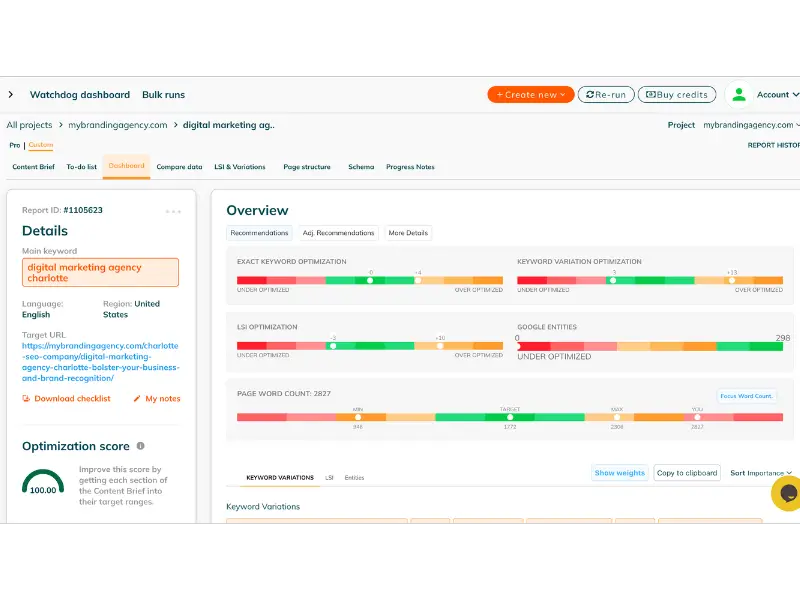
For SEOs who want precise, competitor-driven on-page optimization guidance.
PageOptimizer Pro (POP) is a focused on-page SEO tool analyzing top competitors to create a data-driven content blueprint. It’s a leaner, more affordable Surfer SEO alternative for marketers and agencies wanting to fine-tune pages with its patented correlation algorithm.
- Enter your URL and target keyword.
- Let POP analyze top SERP competitors.
- Receive a detailed optimization report and score.
The workflow moves from analysis to editing, with actionable recommendations.
- Live content editor with real-time SEO score and exact term suggestions
- SERP analysis of top results for word count and heading structures
- AI writing assistant for outlines, drafts, and rewrites
- Keyword research and topic clustering tools
POP analyzes top results to generate a 0-100% score; the editor uses traffic-light indicators to show which terms to add and where.
Chrome extension and CMS support (Docs, WordPress, Shopify, Wix).
- Stronger: affordable, patented scoring, focused on on-page.
- Weaker: lacks broader suite features.
- Different: best for optimizing existing pages on budget.
7-day free trial; plans from $22/month. Ideal for copywriters and agencies.
NeuronWriter
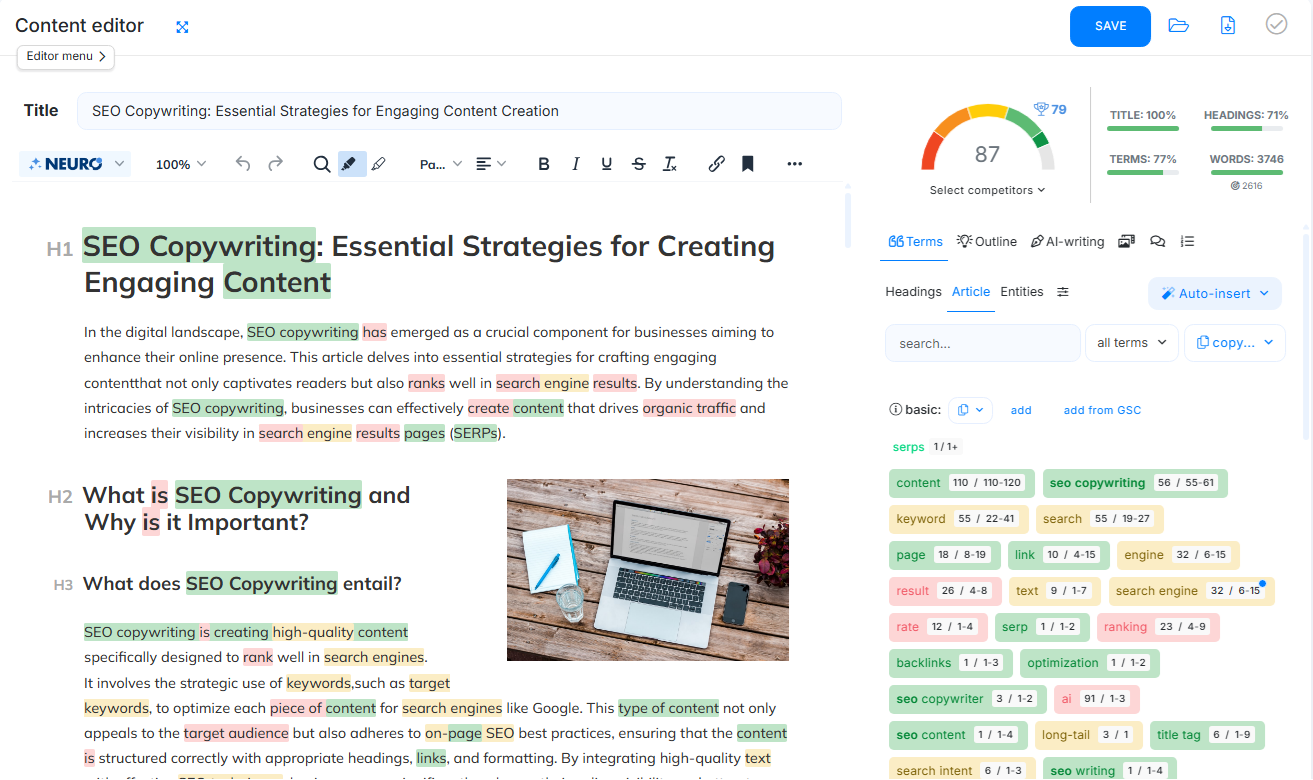
For SEO writers and teams, emphasizes semantic optimization with affordability.
NeuronWriter analyzes top results, extracts semantic terms and structure, and provides live guidance—an affordable Surfer alternative.
- Enter keyword; run SERP analysis; choose competitors; build brief.
- Draft in editor; optimize to target score; publish.
- Real-time editor with scoring and term coverage
- AI briefs, outlines, expansions, rewrites
- Keyword discovery, clustering, internal link suggestions
- Multilingual; WordPress/Docs via Chrome, Zapier, API
Plans start $23/month (monthly) or $19 (annual); free trial available.
Copywritely
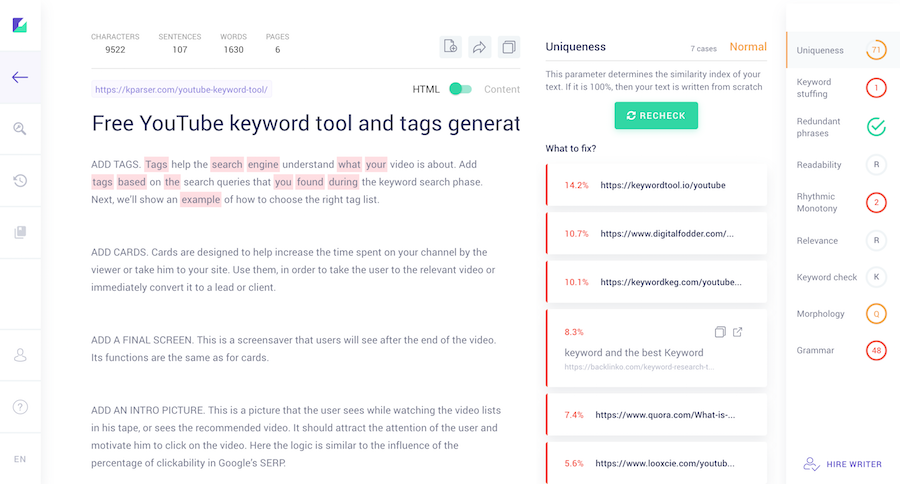
For writers who need an affordable, all-in-one SEO content editor.
Simpler, lower-cost Surfer alternative focusing on uniqueness, readability, and density checks. Plans start at $18/month; free trial for five pages.
SEOBoost
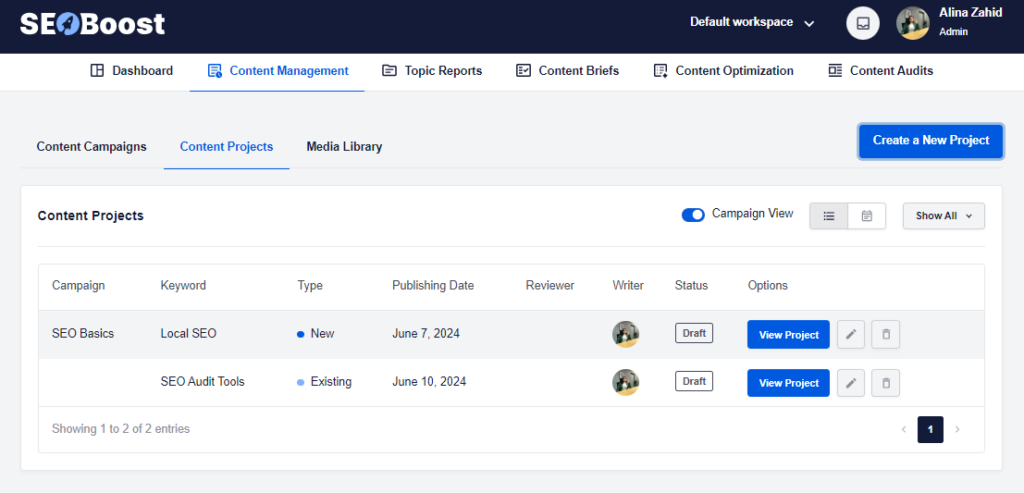
Affordable AI guidance with briefs, editor scoring, and audits.
14-day trial; Essential from ~$30/month (annual discounts).
AI content writing suites and brief generators
These tools go beyond optimization to assist with content outlining, brief generation, and AI-powered writing—excellent for scaling content production while remaining search-aligned.
Outranking

End-to-end AI: research → briefs → drafts → optimize. Trial ~$7; plans from ~$69–$79/mo.
Scalenut
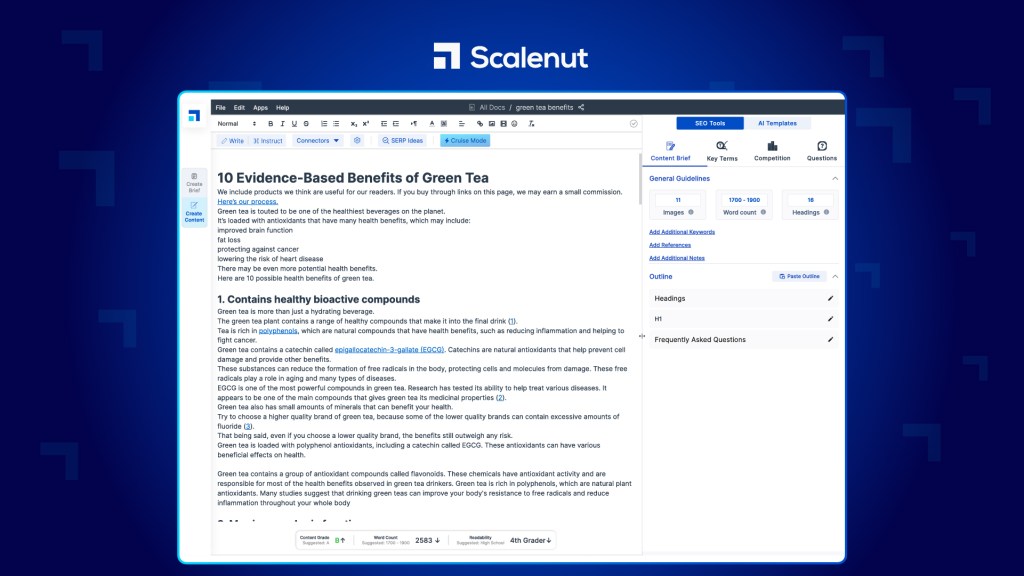
Integrated AI drafting, clustering, and scoring. Free trial; paid plans ~from $49/mo.
SEO.AI

Multilingual AI drafts + live SEO scoring. 7-day trial; plans from ~ $49/mo.
WriterZen
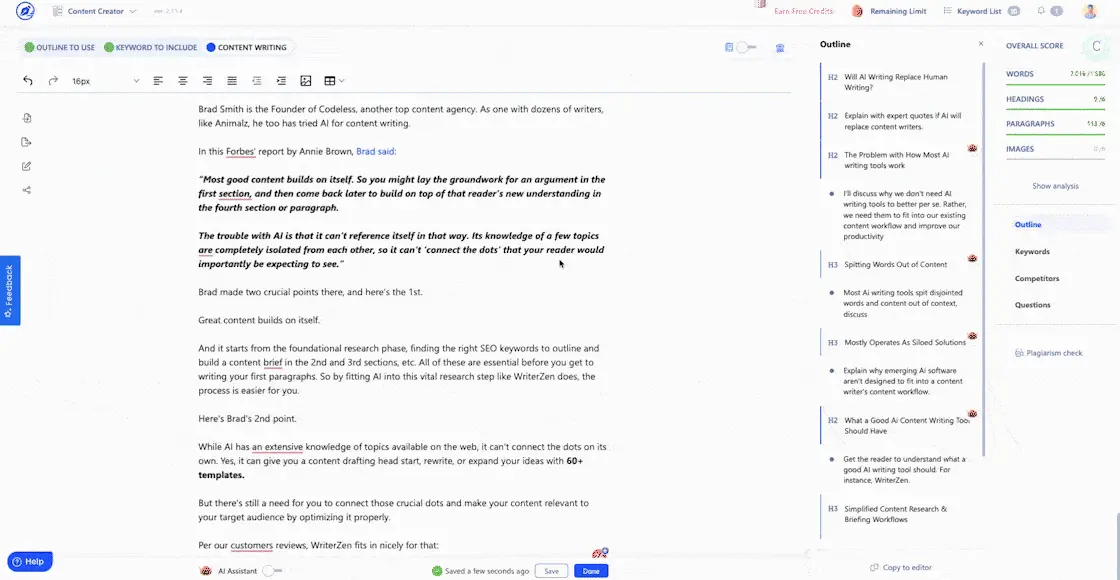
Research → clustering → AI drafts → optimize. Free trial; plans from ~ $19/mo (annual).
GrowthBar

Budget-friendly AI briefs/drafts + editor scoring. 7-day trial; from ~ $36/mo.
All-in-one SEO platforms with content assistants
Prefer everything under one roof? These suites include robust content editors alongside ranks, audits, and backlinks.
Semrush Writing Assistant
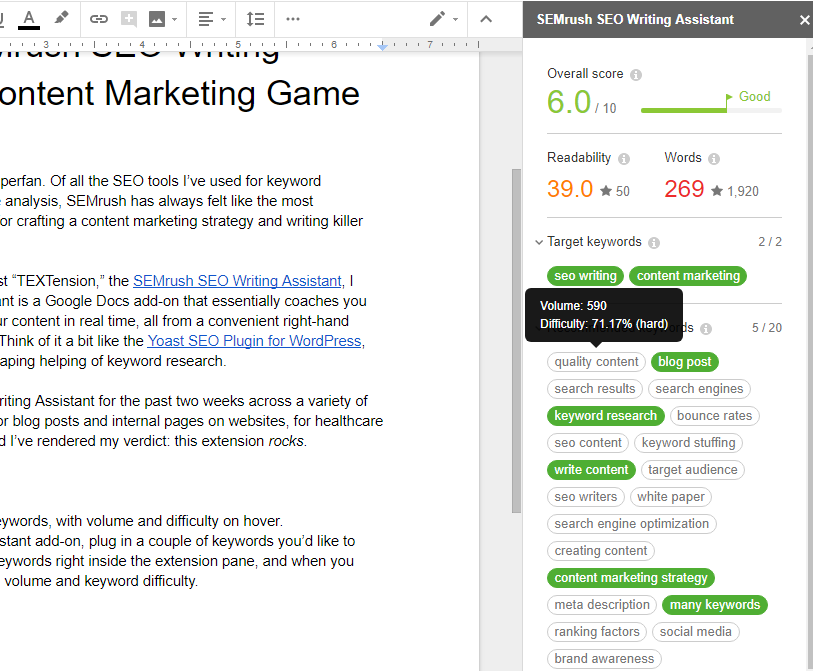
In-editor scoring for Docs/WordPress/Word; requires paid Semrush. 7-day trial; Pro from ~$129.95/mo.
SE Ranking (Content Editor)
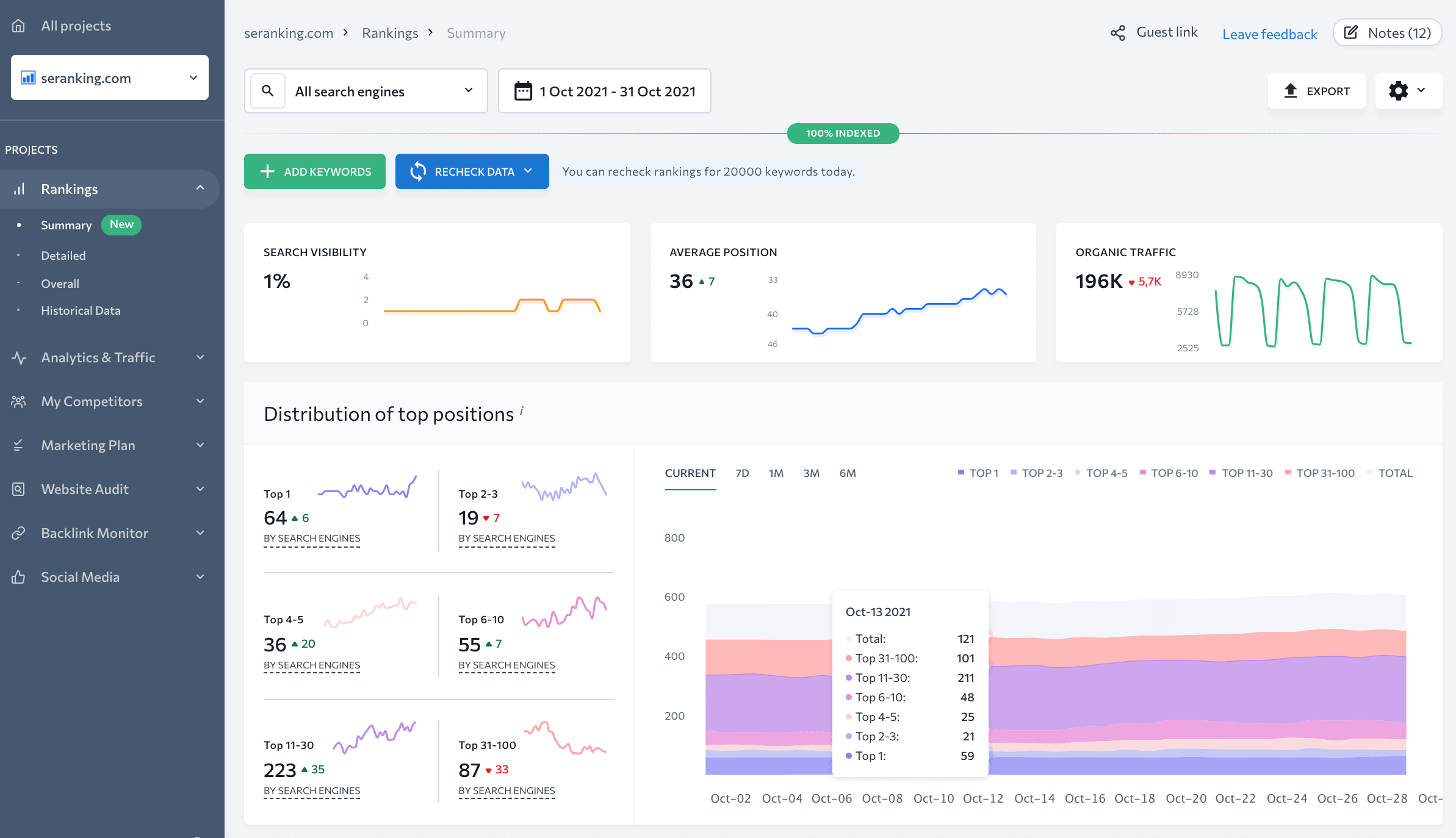
Full suite + AI Content Editor; 14-day trial; Essential from ~$52/mo (annual).
Ubersuggest
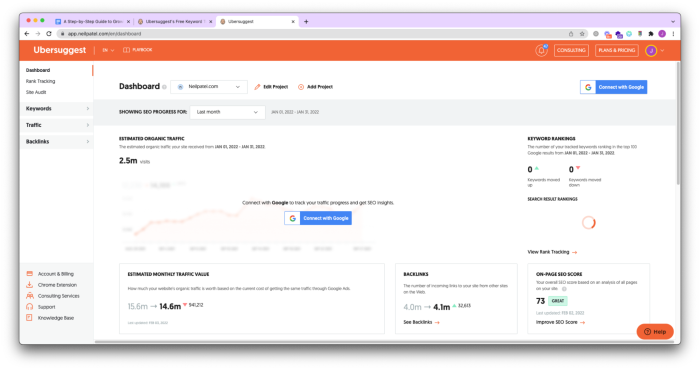
All-in-one SEO + AI Writer; plans from ~$12/mo; 7-day trial; lifetime option available.
seoClarity
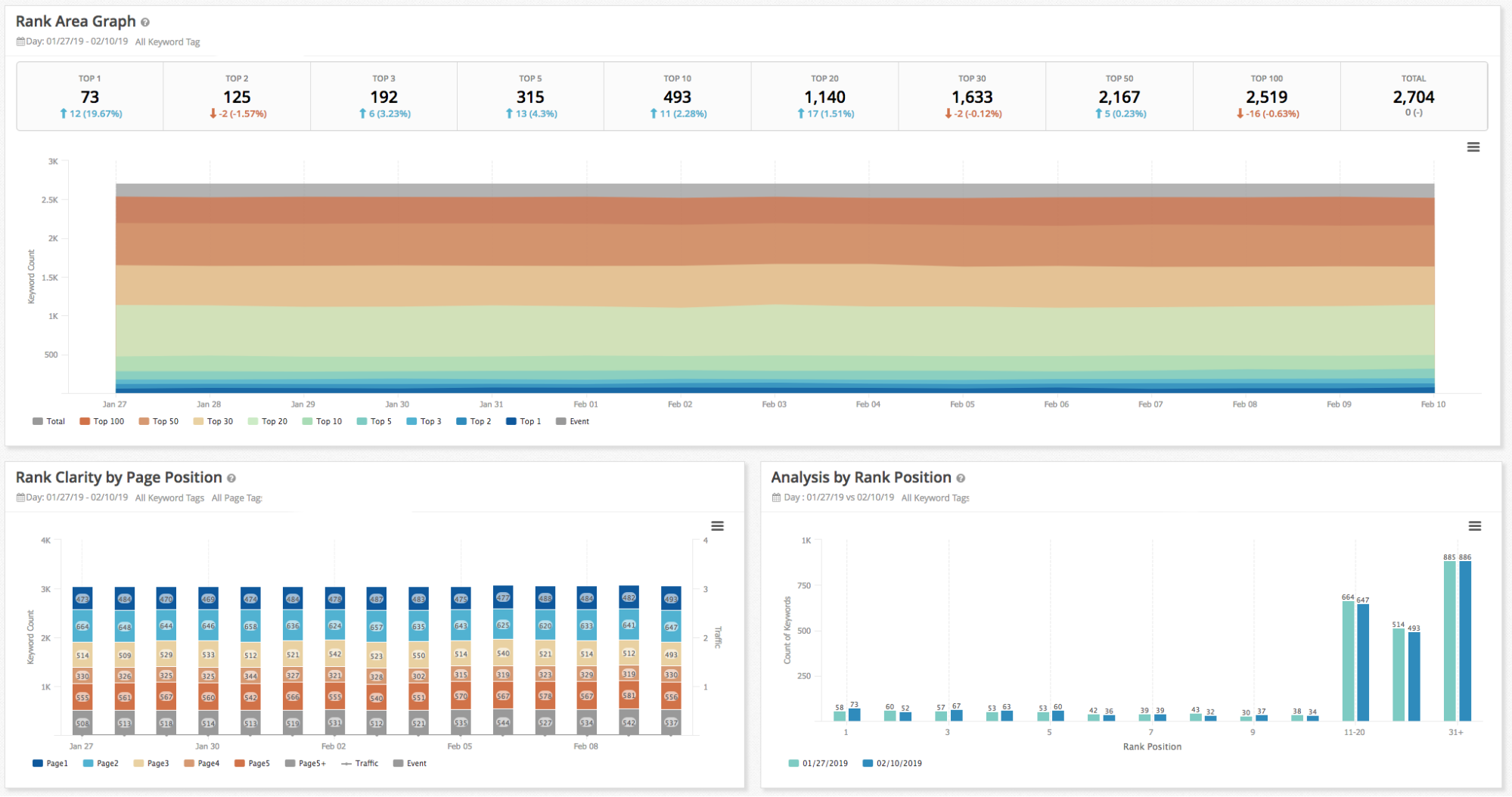
Enterprise suite with Content Fusion + Sia AI. Demo; pricing custom (Essentials ~ from $750/mo).
Ahrefs AI Content Helper
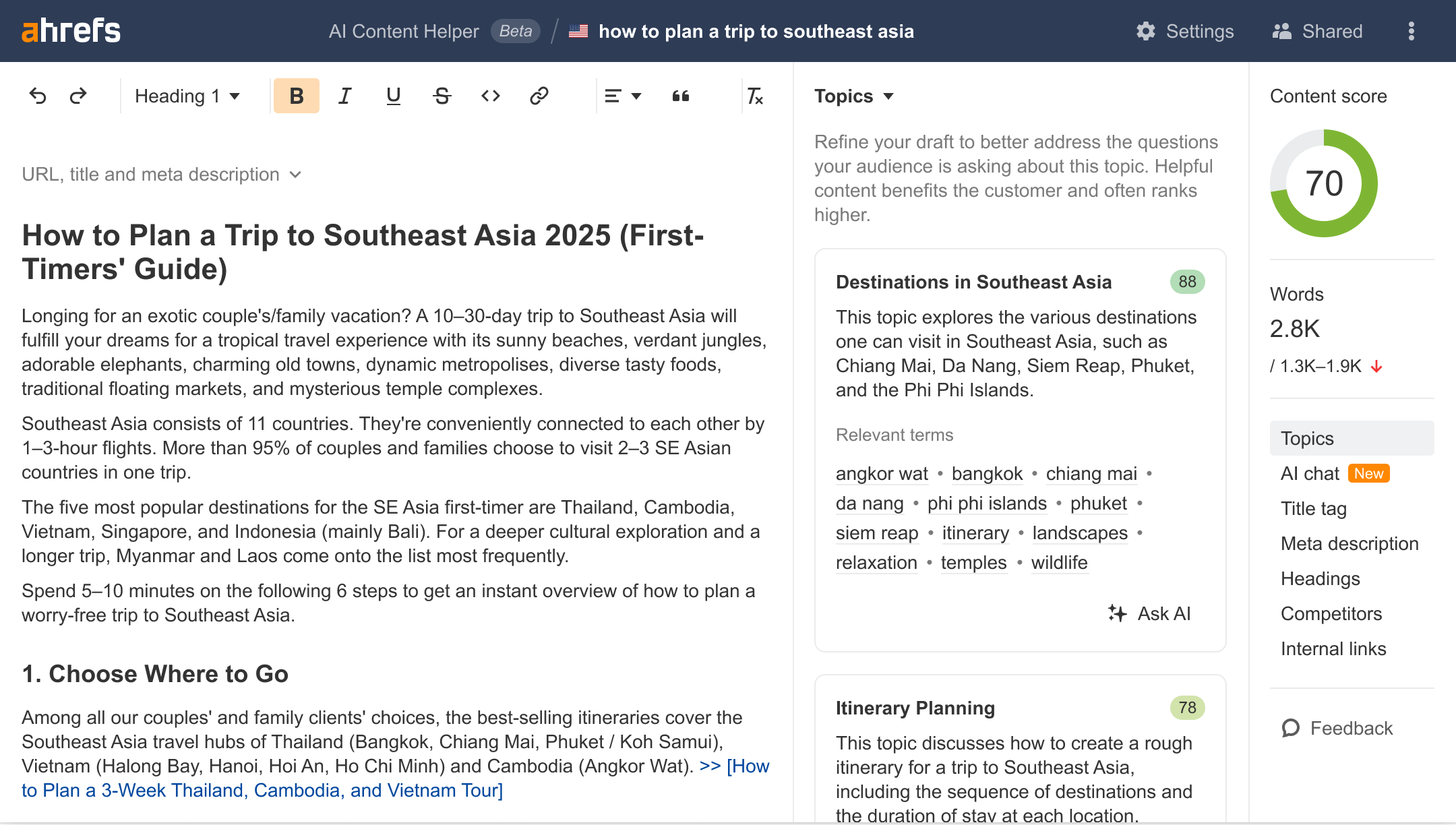
Guided topic coverage with live scoring inside Ahrefs. Starts ~ $29/mo; add-ons may apply.
Blogger-centric and WordPress-focused tools
WordPress-first and creator-friendly options that make on-page SEO fast and approachable.
RankIQ

Curated low-competition keywords + Content Optimizer; plans from ~$49/mo.
Keysearch Content Assistant

Budget editor with AI modules; free 1-month trial; Starter ~$24/mo.
GetGenie AI (WordPress)
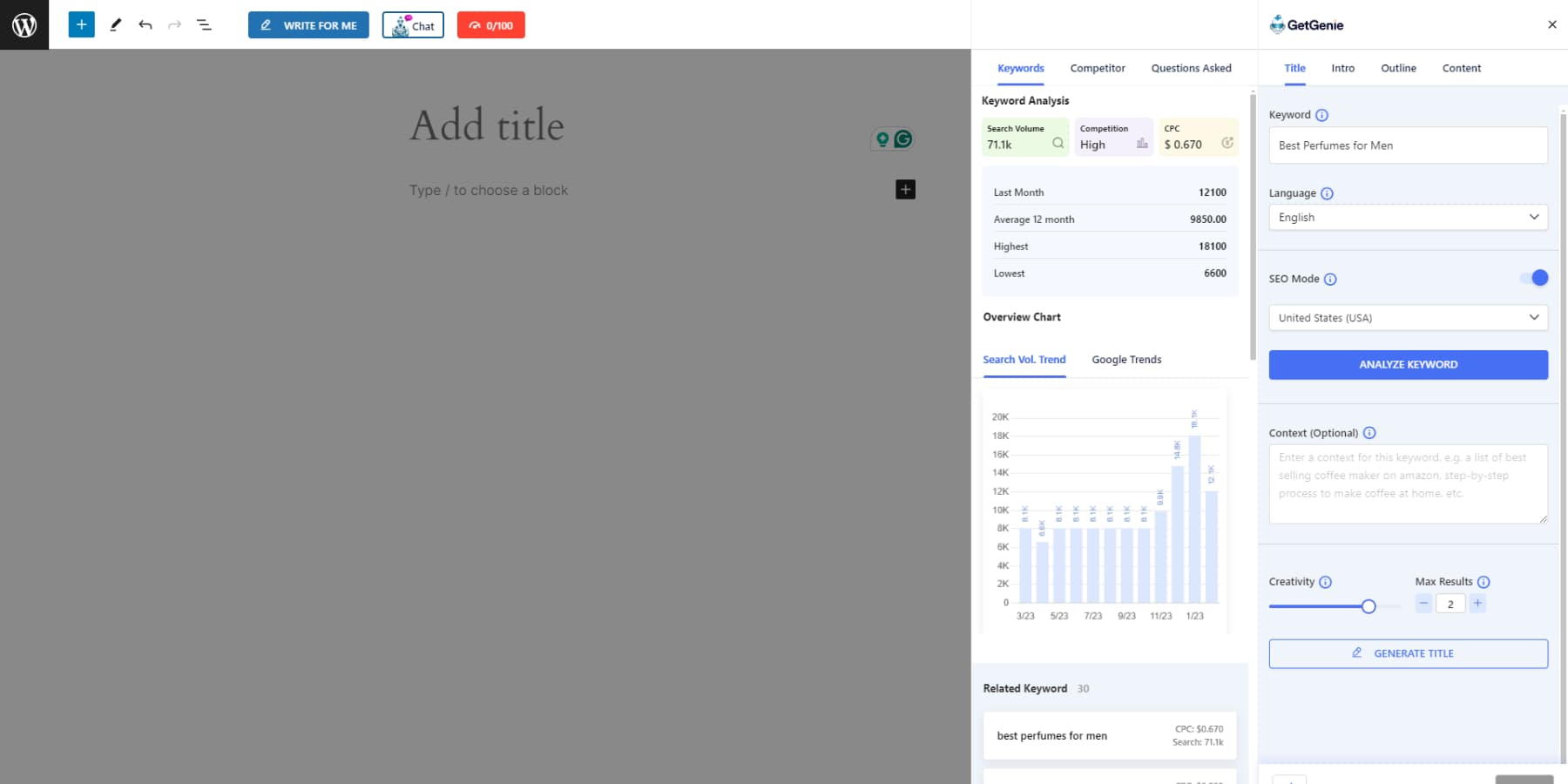
Native WP plugin: research → drafts → optimization in-editor. Free tier; paid from ~ $6/mo (annual).
A Workflow for the SEO Content Lifecycle
To get the most out of any tool or service, adopt a repeatable process that covers the entire SEO content lifecycle. Start with a technical baseline (crawl, fix indexation/performance, address thin content, strengthen internal linking). Build an opportunity model (keyword research, competitor gaps, clustering into pillars mapping to the funnel).
Move into content production and optimization with briefs that specify entities, subtopics, and SERP differentiators. Draft with original assets, then perform thorough on-page optimization (titles, metadata, headings, schema).
Finish with publishing, measurement, and iteration: validate indexing and structured data, track rankings/impressions/ conversions, and update pages quarterly based on gaps and AI search behavior. Close the loop with reporting that ties wins to revenue or pipeline, using SEO reporting tools.
If this process seems resource-intensive, a managed service like RankAI executes it for you—technical audits and optimization, business-tailored keyword research, fully optimized content creation, multi-platform publishing, and monthly progress reports with dashboard analytics.
How to Choose for Your Situation
Match solutions to scenarios: a solo marketer should pick low-overhead briefs or a managed plan to ship consistently; e-commerce needs product page optimization and schema at scale; local services prioritize local signals and profile management; a SaaS startup benefits from entity-driven content that converts (comparisons/alternatives) and solid technical health; agencies should favor predictable pricing and multi-CMS support. If you need end-to-end execution that blends expert oversight with AI speed, RankAI’s fully managed model can replace a patchwork of tools and freelancers at a fraction of typical agency costs.
Conclusion and Next Steps
The best Surfer SEO alternative fits your goals, resources, and timeline. If you want enterprise-grade SEO without enterprise pricing or tool sprawl, RankAI’s expert + AI approach delivers technical rigor, content that ranks, and clear reporting—often 5x more affordable than traditional agencies.
Visit RankAI to request a strategy conversation and custom pricing. You’ll get a plan mapped to your growth targets, see exactly what we’ll deliver each month, and keep your existing CMS and stack—we integrate directly.
FAQ
Is switching from Surfer SEO difficult?
Not if you migrate your process, not just your tool. Start with an audit, rebuild topic clusters, and re-brief priority pages. RankAI handles this transition end-to-end.
Can I keep my CMS and workflows?
Yes. RankAI integrates with WordPress, Shopify, Wix, and Squarespace, and adapts to your publishing process.
Do I still need separate technical SEO tools?
It depends on site complexity. Many SMBs and startups get better outcomes when technical fixes are done-for-you rather than buying more tools.
How do you account for AI Overviews and entity-centric search?
We design content and internal links around entities and evidence, add schema, and include first-hand assets and sources—improving both rankings and AI inclusion.
What about backlinks?
Content quality and internal linking come first; strategic backlinking is on RankAI’s roadmap and can be layered in without risky tactics.
How soon will I see results?
Technical fixes can yield quick wins; content compounding typically shows within 60–120 days, depending on domain history and competition.
How is RankAI priced?
Custom pricing based on scope and deliverables, designed to be approximately 5x more affordable than traditional agencies, without per-credit surprises.
